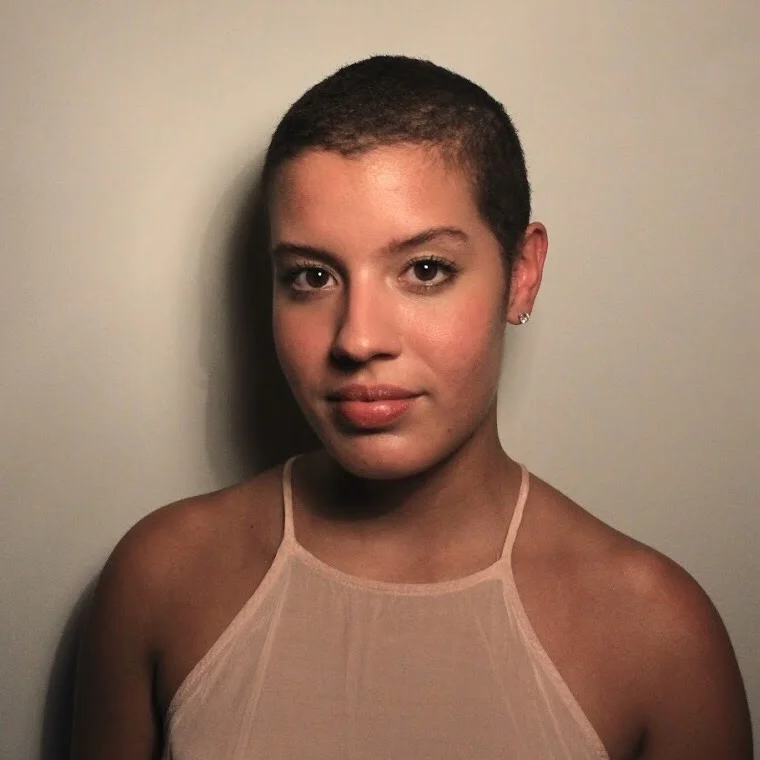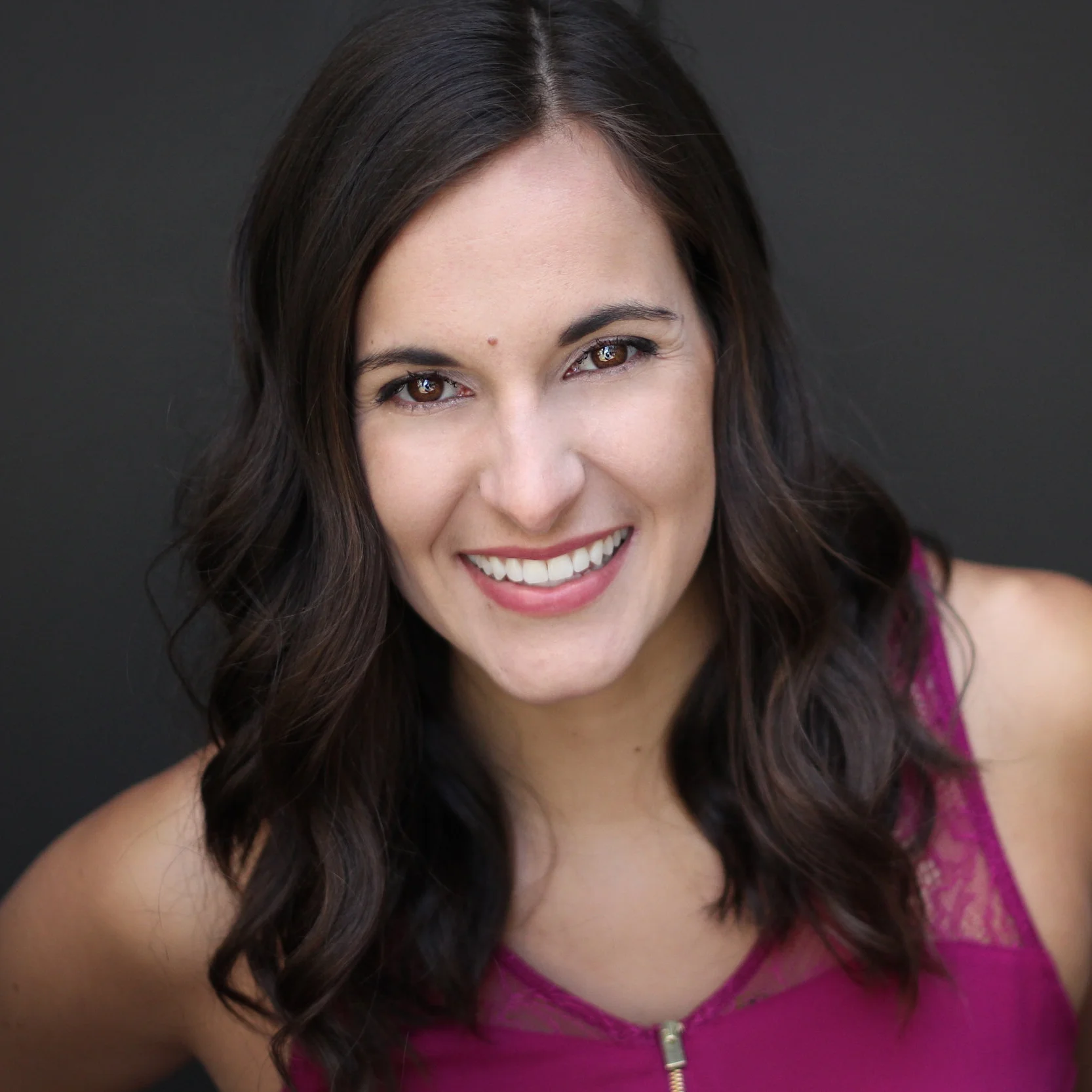Playwright: Alice Birch. Director: PhD Student Elise Robinson.
Approx. Runtime: 1Hr 30M | Location: Cellar Theatre
Dates: October 9-13 @ 8PM, October 13 & 14 @ 2:30PM
The performance on Oct. 13 will feature 2 American Sign Language interpreters for the hearing-impaired.
Beware: This play does not behave. Alice Birch's wildly experimental piece interrogates our comfort and complacency, holding up a mirror to our often problematic relationships with sex, gender, and (most of all) language. Revolt. She Said. Revolt Again. is a play about revolutionizing the body, mind, and spirit in a profound way. Mature Audiences Only.
“Alice Birch provides a bracing reminder that our language, customs, and basic ideas about work and life are all encoded with a legacy of brutality.”
CAST
Poster: Clay Chastain
DIRECTOR NOTE: ELISE ROBINSON
The role of women in our society--who we are, how we're treated, what we can achieve, what holds us back--has been a hotly debated topic since the suffragists started agitating at the turn of the 20th century, if not before. But recently that debate has taken on fresh urgency with the #metoo movement, the women's march on Washington, D.C., and the separation of "tender aged" children from their mothers at the border, among other events. We have made so much progress, and we still have so far to go. Here at UGA, as we mark the 100th anniversary of women's admission to the university, we can look around us and find inspirational women all over: in our classrooms, on our playing fields, and in our performance spaces like right here in the Cellar Theatre.
The play you're going to see was written in 2014, but the issues it addresses are as relevant as yesterday's news. How do women navigate being in the world? More than that: how do they revolutionize it? In her notes prefacing the play, Birch urges, "most importantly, this play should not be well-behaved." From the workplace to the bedroom and everywhere in between, Revolt. She said. Revolt Again. artfully explores how language and social expectations shape us for better and for worse--and how a little misbehavior can go a long way in starting the revolution. Again.










